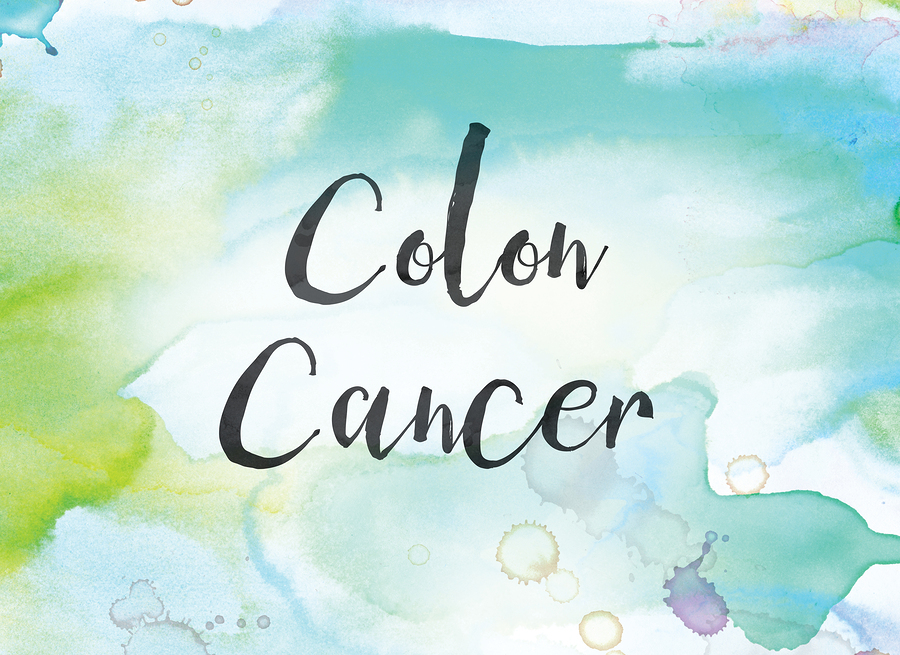- Make It Yourself Lavender Heart-Shaped Bath Bombs!
- 20 Things You Never Knew About “Down There”
- 12 Best Foods For Those Suffering From Arthritis Pain
- 12 Personal Hygiene Mistakes Almost Everyone Makes (Mom Never Told You About #4!)
- 15 Medicinal Plants And Herbs From The Cherokee People
- 12 Mind-Blowing Benefits Of Drinking Coconut Water During Pregnancy
- 12 Outstanding Winter Foods That Won’t Fatten You Up Like A Christmas Turkey
How To Lower Your Risk Of Colon Cancer
The colon is a breeding ground for many diseases that can have a serious impact on your health. The build-up of toxins from partially-digested foods and a poor diet raises the risk of the stealthy and very deadly colon cancer. Studies have shown that it is the fourth most common disease worldwide, and the third most common in the US. It is also the fourth most common cause of cancer-related deaths in the world, and the rates are rising steadily.
Thankfully, reducing the risks of this deadly cancer is very much under your own control. By following a healthy diet and getting some regular exercise, you can literally safe your life.
The symptoms are not always obvious, and often when symptoms do appear, the cancer has already spread to other areas. If you are at risk for colon cancer, be proactive and visit the doctor for screening, or even a colonoscopy. If it is detected early, it can be treated and cured, and screening is the best way to diagnose the disease.
But even if you do not have a major risk, or perhaps only an average risk of developing the disease, cancer experts recommend that anyone over the age of 50 should have a colonoscopy every 10 years just to be safe.
What are the risks of getting colon cancer?
Obviously, not everyone is at the same risk, as there are factors which may make one person more prone to developing colon cancer than another may be. Here is a list of major risks.
- Research has shown that a poor diet plays a huge part especially the typical western diet of high fats and low fiber.
- People with a poor dietary habit of eating a lot of red meat, and other processed meats, as well as refined foods made from flour and sugar, have a greater risk.
- If you do not exercise regularly, you are more likely to develop colon cancer.
- Studies have indicated that obese and very overweight people have an increased risk of developing colon cancer, and if they do develop the disease, they have a higher risk of dying from it than people of a normal weight.
- Poor lifestyle habits such as smoking and heavy use of alcohol leads to a much higher risk of developing the disease.
- A family history of colon cancer also increases your risk.
- Research has revealed that most of the people being diagnosed with the cancer, are older than 50, although it can less frequently occur in younger people.
- Studies have also shown that African-Americans appear to have a higher risk than people of other races.
If you suspect that you may be at risk for one or more of these reasons, visit your doctor to discuss the problem, and possibly receive a full examination and screening.
Continue to Page 2

































